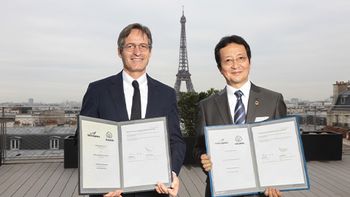
The acquisition strengthens Yusen Logistics’ healthcare footprint across Europe, adding specialized transportation, warehousing, digital, and GDP-compliant capabilities to its regional and global network.

The acquisition strengthens Yusen Logistics’ healthcare footprint across Europe, adding specialized transportation, warehousing, digital, and GDP-compliant capabilities to its regional and global network.
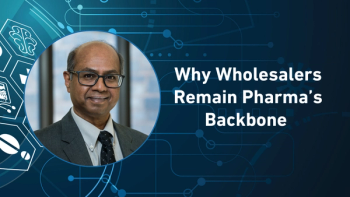
As drugmakers experiment with direct-to-patient sales, Thani Jambulingam, PhD, professor of food, pharma, and healthcare business at Saint Joseph’s University’s Erivan K. Haub School of Business, shares why wholesalers remain indispensable to pharmaceutical distribution—supporting cold chain management, regulatory compliance, billing, and large-scale logistics that manufacturers are not equipped to handle on their own.

In today’s Pharma Pulse, Samsung Biologics enters the US market with a $280 million site acquisition, AstraZeneca secures a multi-billion-dollar cancer deal, and new research identifies occupational drivers of long COVID.

Nine more companies have joined the DTC government-run website, which is set to launch sometime next year.

The South Korea–based CDMO acquires its first US manufacturing facility in Rockville, MD, expanding its global footprint and strengthening biologics capacity.

Thani Jambulingam, PhD, professor of food, pharma, and healthcare business at Saint Joseph’s University’s Erivan K. Haub School of Business, describes why uncertainty around final tariff rules is forcing manufacturers into a wait-and-see position.

In today’s Pharma Pulse, major pharma players commit to most-favored-nation pricing, as DHL bolsters West Coast logistics for temperature-sensitive drugs.

A $1.5 million investment in its facilities located near Los Angeles International Airport strengthens DHL’s cold chain capacity, supporting pharmaceutical and healthcare shipments while advancing the company’s long-term health logistics strategy for the Americas.
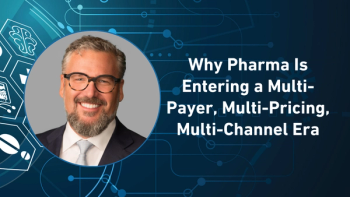
Bill Roth, general manager and managing partner of IntegriChain’s consulting business, previews his new six-part series by outlining how rising payer fragmentation, divergent cash and insurance models, and supply-chain constraints are reshaping brand strategy.

In today’s Pharma Pulse, the Senate advances legislation to block "biotechnology companies of concern," clinical research ties COVID-19 to REM-dominant sleep apnea, and a new analysis reveals an affordability breaking point for employer-sponsored health insurance.

The CDMO’s latest GMP-qualified line strengthens sterile manufacturing scalability.

In a discussion on global trade disruption, Thani Jambulingam, PhD, professor of food, pharma, and healthcare business at Saint Joseph’s University’s Erivan K. Haub School of Business, explains why pharmaceutical manufacturers must move beyond broad assumptions about tariffs and instead assess trade risk at the individual product level.

In today’s Pharma Pulse, House Republicans block a critical insurance subsidy extension, as new research highlights the oncology benefits of GLP-1s.

The acquisition strengthens CEVA’s global project logistics footprint, adding heavy-lift expertise, specialized engineering talent, and integrated solutions across key regions.

In a discussion on emerging channel strategies, Bill Roth, general manager and managing partner of IntegriChain’s consulting business, explains why DTP models must extend beyond simple cash-pay offerings—highlighting how packaging innovation, insurance-flow backups, and improved patient compliance could unlock new revenue, streamline access, and better reflect clinical outcomes.
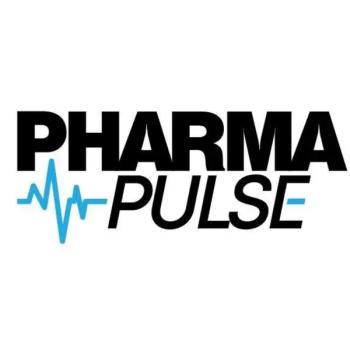
In today’s Pharma Pulse, Novartis and Moderna anchor a domestic manufacturing surge, while AI-driven biomarker discovery and physician well-being reshape the future of clinical care.

Traditional market access practices are being transformed by an increasingly rocky landscape of rebate, discount, and direct-distribution practices, but artificial intelligence may clear the pathways to profitability.
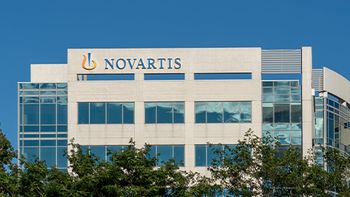
The pharmaceutical giant’s new 700,000-square-foot hub aims to onshore production of key medicines and strengthen the US drug supply chain.

As safety data grows in scale and complexity, AI-powered pharmacovigilance is emerging as a strategic imperative—helping drugmakers improve detection, reduce risk, and strengthen commercial performance.
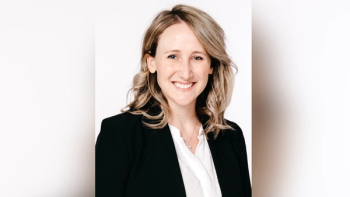
CoverMyMeds’ Megan Wetzel unpacks the forces behind rising specialty spend, the real impact of access barriers, and how field reimbursement teams help providers guide patients through today’s fragmented system.
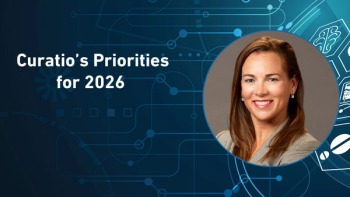
Cheryl Allen, BS Pharm, MBA, founding partner, highlights the coming year's focus on navigating an evolving regulatory landscape, while leveraging technology to track the pharmaceutical pipeline, assess analogs, and modernize distribution strategies.

In today’s Pharma Pulse, SOBI strengthens its gout franchise by acquiring Arthrosi Therapeutics for up to $1.5 billion, securing the Phase III asset pozdeutinurad, and much more.

AI-powered control towers and digital twins are emerging as essential tools to prevent costly supply chain failures and restore operational reliability.

How pharma can productively coexist with PBMs—and still lower drug costs faster.
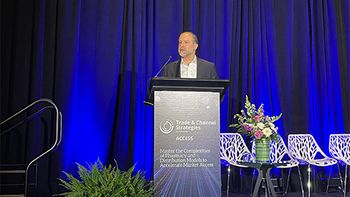
A session explores how manufacturers can refine GTN strategy, strengthen pricing governance, and navigate increasingly complex distribution-channel economics, while maintaining both commercial performance and patient affordability.
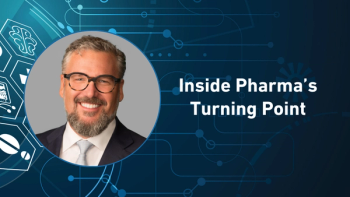
In a wide-ranging keynote on disruption across pharmaceutical channels, Bill Roth, general manager and managing partner of IntegriChain’s consulting business, outlines why 2025 marks the beginning of a profound regulatory and commercial transformation—from sweeping policy shifts and accelerating WAC reductions to new debates on direct-to-patient strategies and looming instability in medical benefit reimbursement.

In today’s Pharma Pulse, the FDA approves Amgen’s Uplizna (inebilizumab-cdon), the first CD19-targeted therapy for gMG with convenient twice-yearly dosing, and much more.
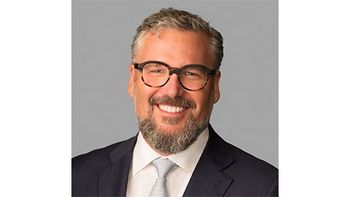
The fracturing of the US drug market’s traditional model is forcing a demand for a strategic bifurcation to maintain profitability, compliance, and patient access in the decade ahead.

It’s not marketing—it's the activation layer for every dollar spent on patient access and support.
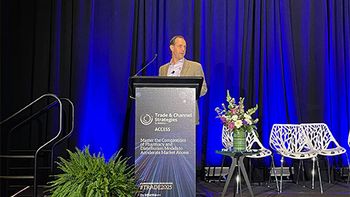
BioCare's Ryan Cort outlines the pharmaceutical industry's "unprecedented sea change," driven by over $400 billion in anticipated revenue loss from generics and biosimilars losing exclusivity.